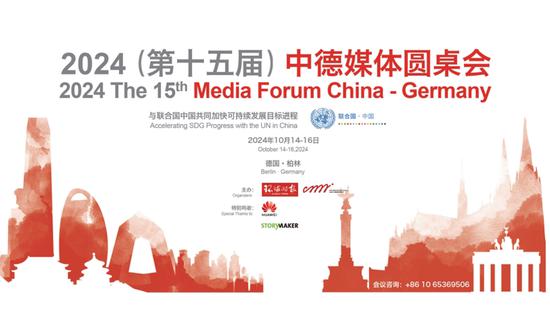
The 15th Media Forum China-Germany hosted by the Global Times is held in Berlin, Germany, from Oct. 14 to 16. (Photo/Global Times)
The 15th Media Forum China-Germany hosted by the Global Times was held in Berlin, Germany, from Monday to Wednesday.
The event brought together key figures from leading media outlets, renowned journalists, scholars, and youth representatives from both China and Germany for in-depth discussions on issues concerning media in both countries.
The topics discussed included jointly facing global security issues, jointly tackling "deglobalization" and "decoupling," the development of the electric vehicle industry, climate change and global governance, and artificial intelligence.
The Media Forum China-Germany aims to promote mutual understanding, tolerance and cooperation between media outlets and the people of both countries, providing a valuable platform for media exchanges and collaboration.
Fan Zhengwei, secretary of the Party committee, president, and editor-in-chief of the Global Times, noted in his opening remarks that this year marks the 10th anniversary of the establishment of the comprehensive strategic partnership between China and Germany. Since its first event in Shanghai in 2010, the Media Forum China-Germany has become a vivid symbol of the steady development of China-Germany relations. To further enhance cultural exchanges and foster mutual understanding between the peoples of the two countries, media in China and Germany should meet each other halfway to contribute to a more objective and comprehensive understanding of each other, Fan noted.
During the exchange sessions, participants from both sides engaged in in-depth discussions on issues of mutual concern, freely expressing their views and engaging in open exchanges. They shared vivid and emotional stories, while also engaging in candid and heated debates, deepening their mutual understanding.
During the discussions on global security issues, the German representatives expressed concerns about regional instability and security challenges, expressing hopes that China and Germany could work together to play a larger role.
On issues such as the EU's imposition of tariffs on Chinese electric vehicles, both sides engaged in frank and positive exchanges. Some German participants noted that the automotive industry holds special significance for Germany, and Germany should approach competition with a positive mindset, viewing the rapid growth and progress of China's auto industry as an incentive for Germany's automotive sector, giving play to complementary advantages and achieving win-win cooperation with Chinese companies.
The event also received support from the United Nations. Melissa Fleming, UN Under-Secretary-General for Global Communications, and Siddharth Chatterjee, UN Resident Coordinator in China, addressed the participants through video messages.










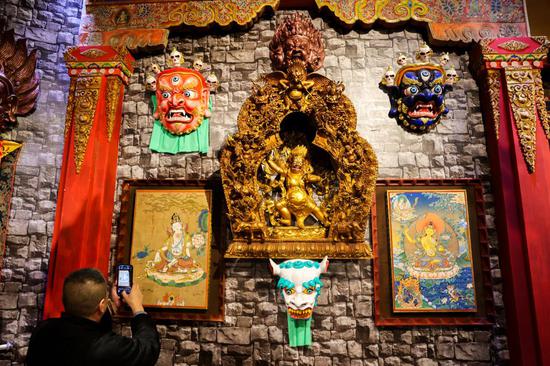

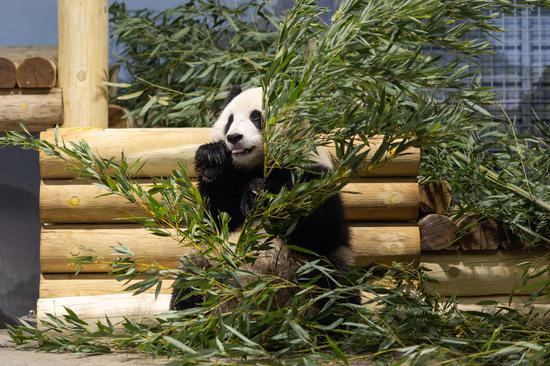
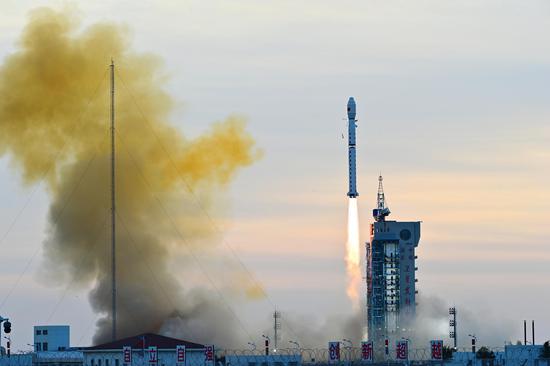
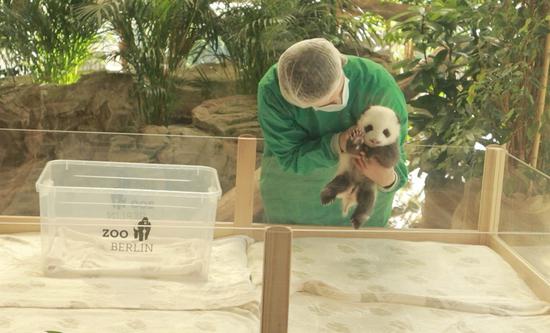
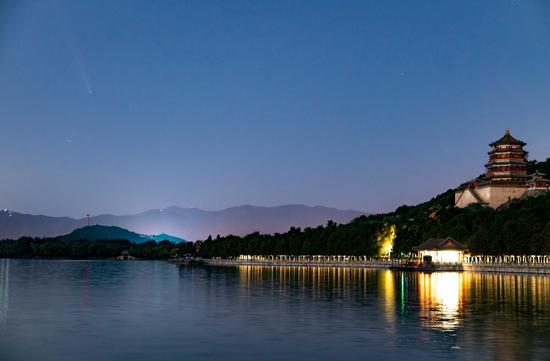

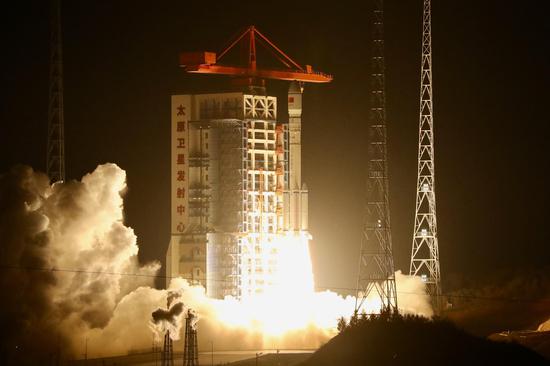
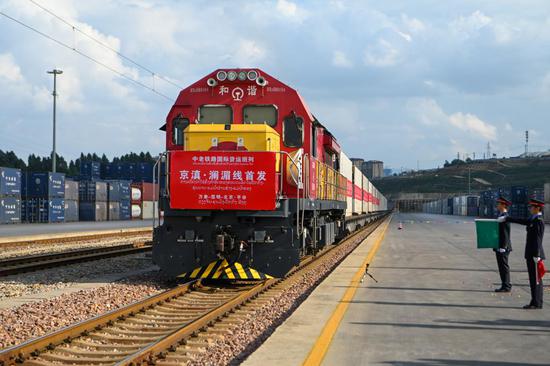
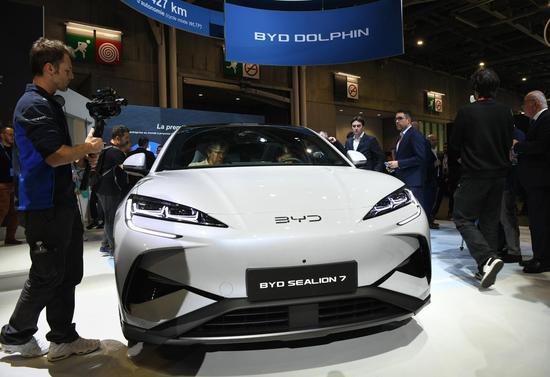

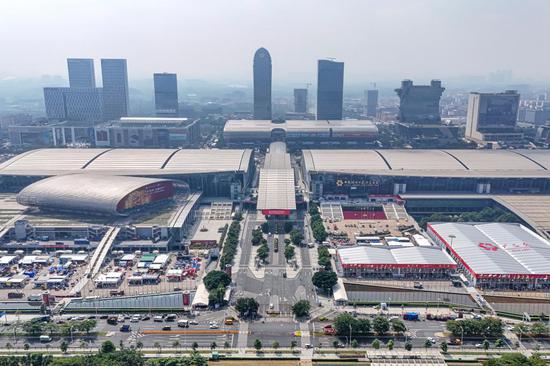


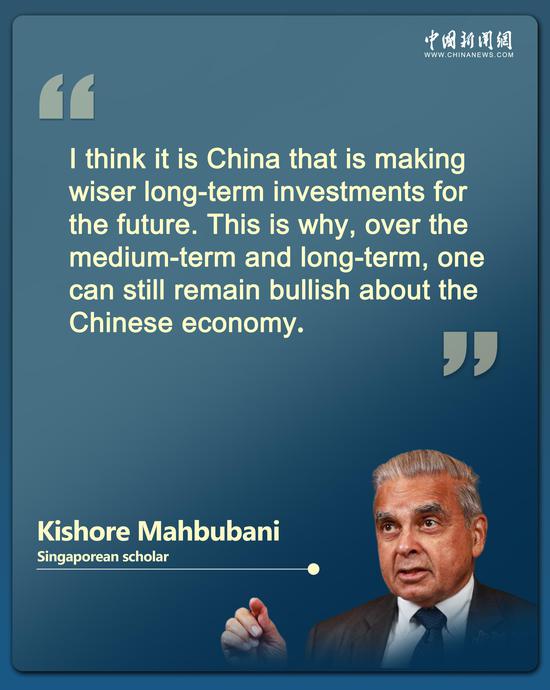
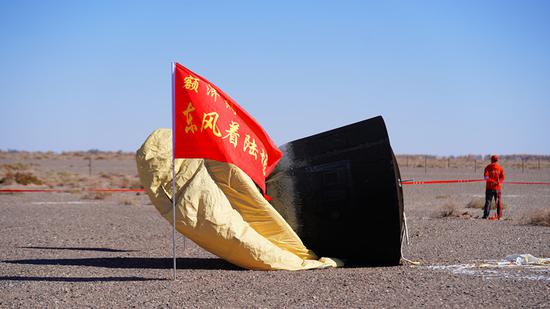



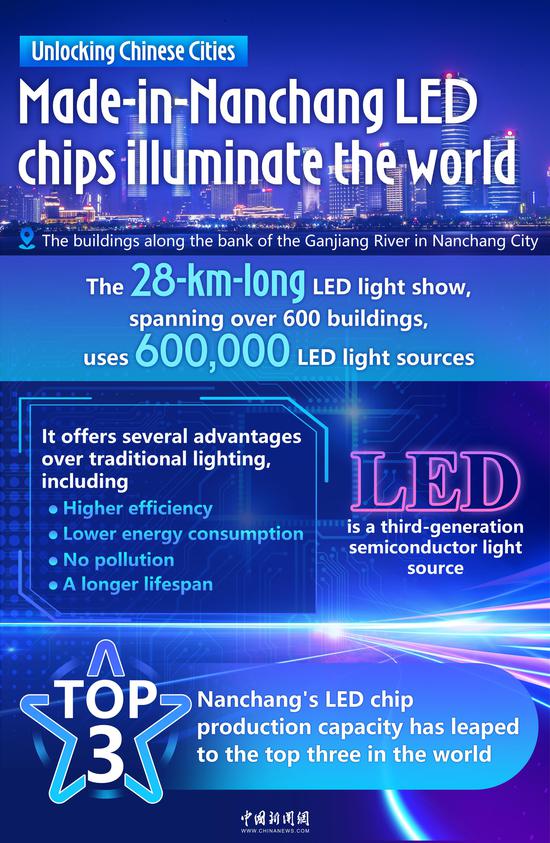
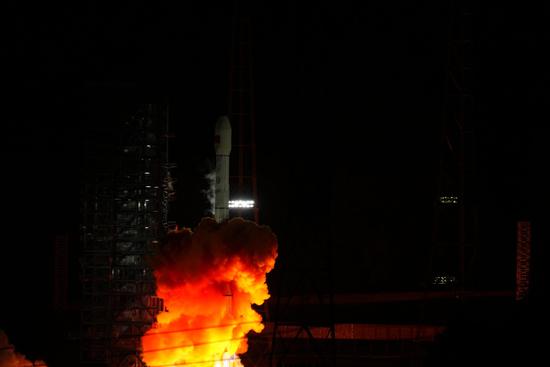
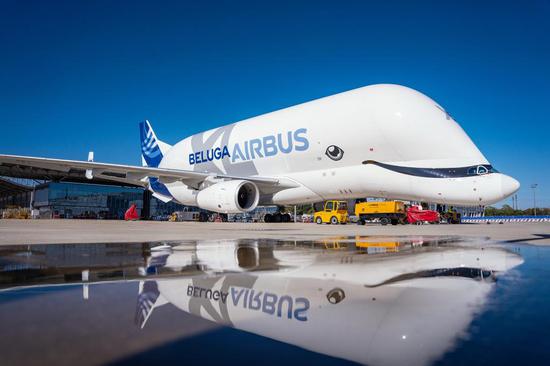


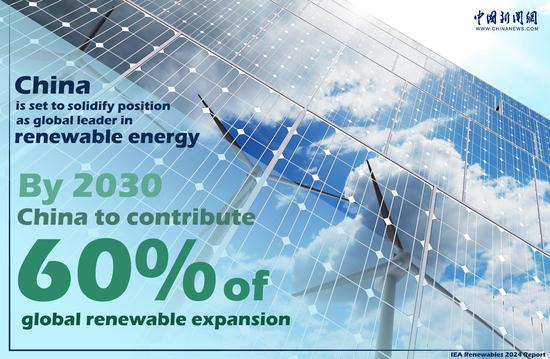
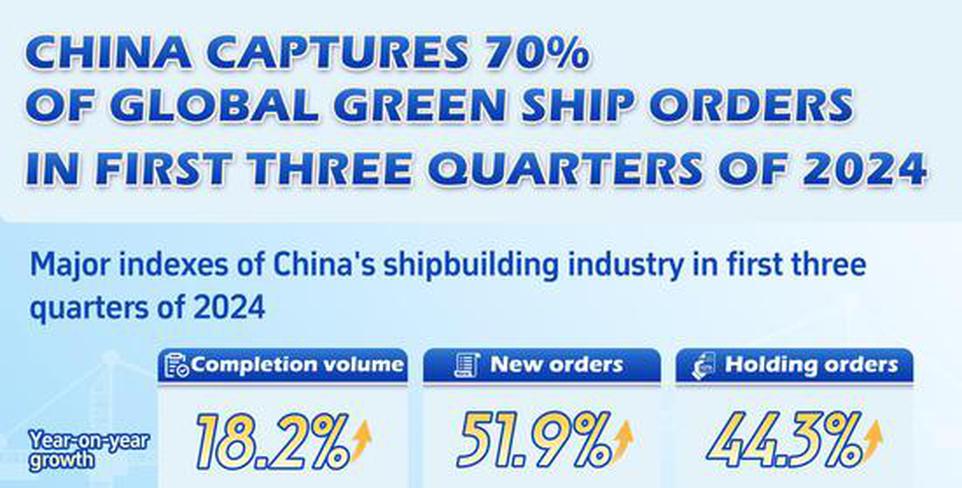
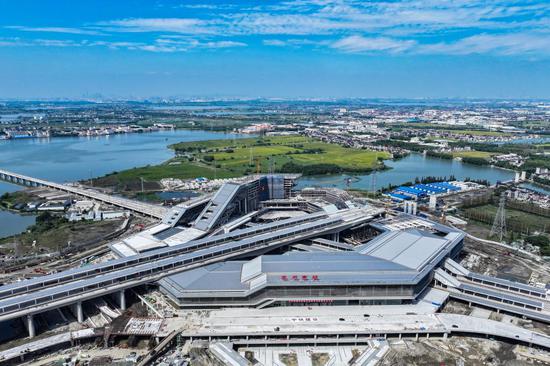
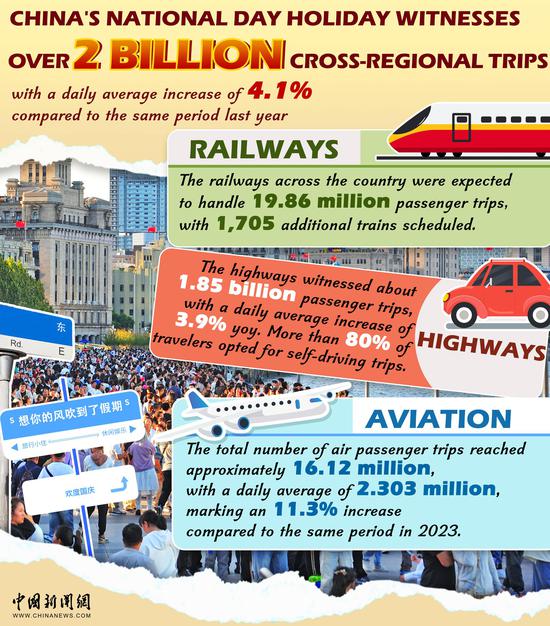
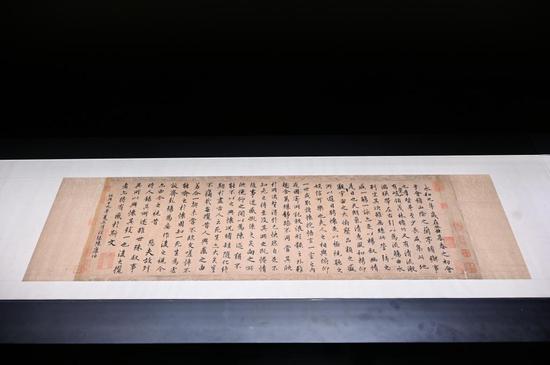

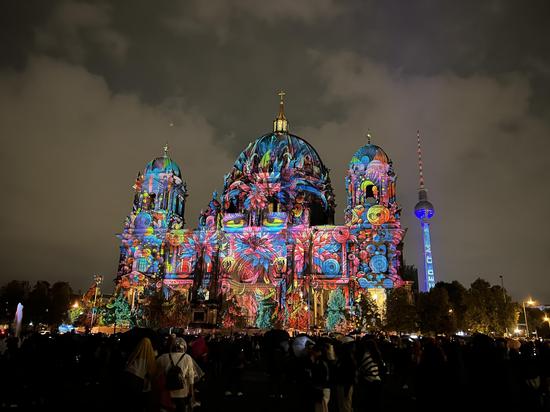
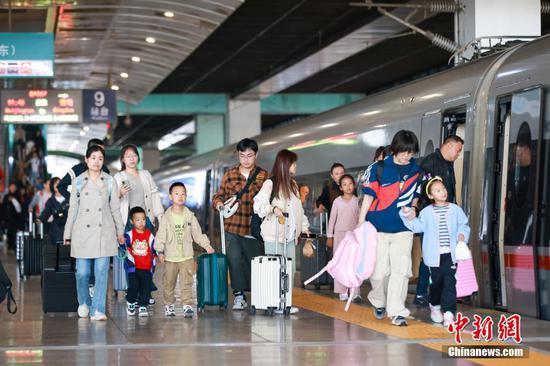
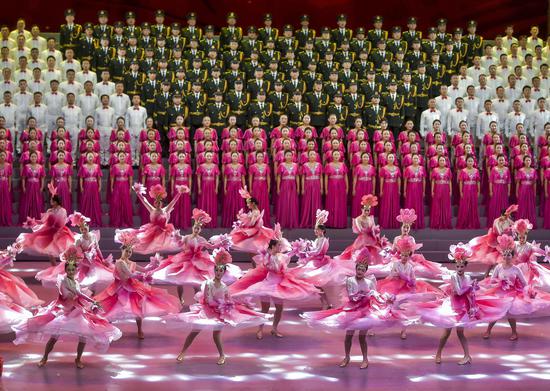







 京公网安备 11010202009201号
京公网安备 11010202009201号